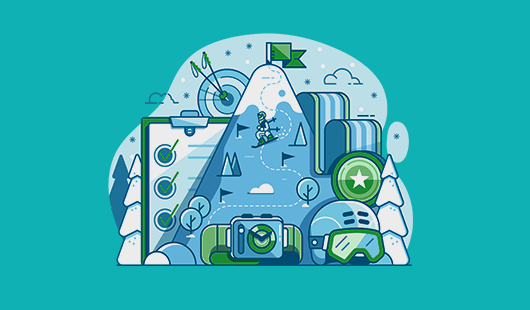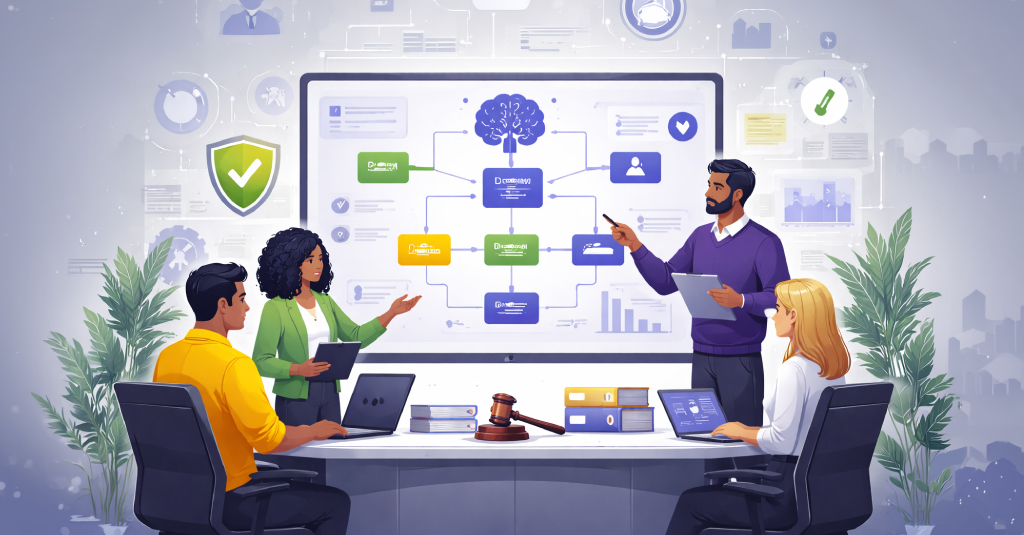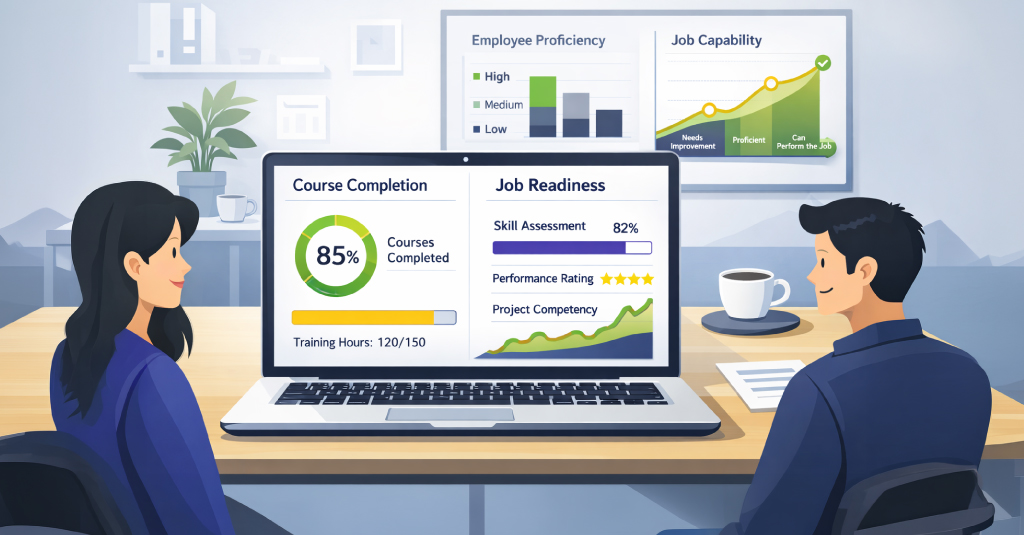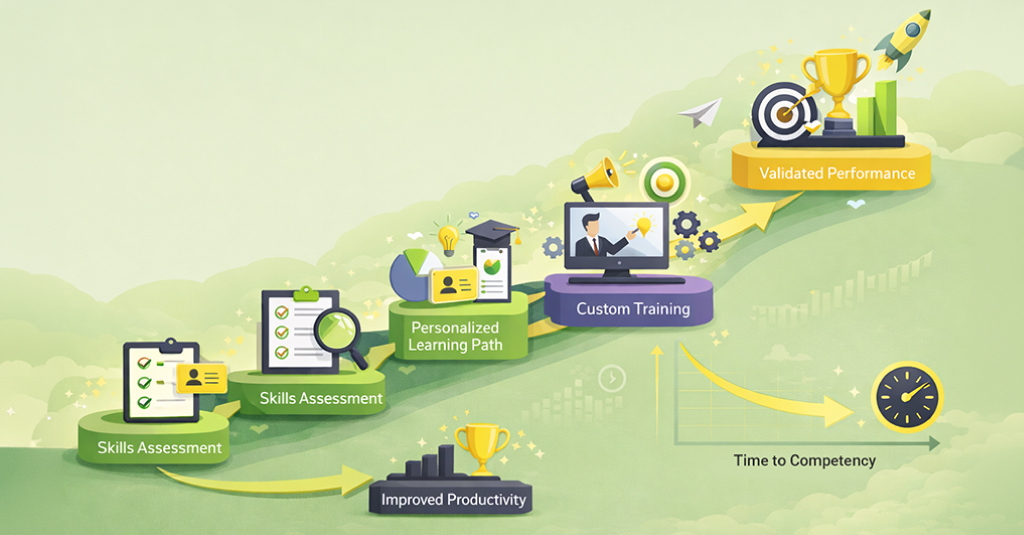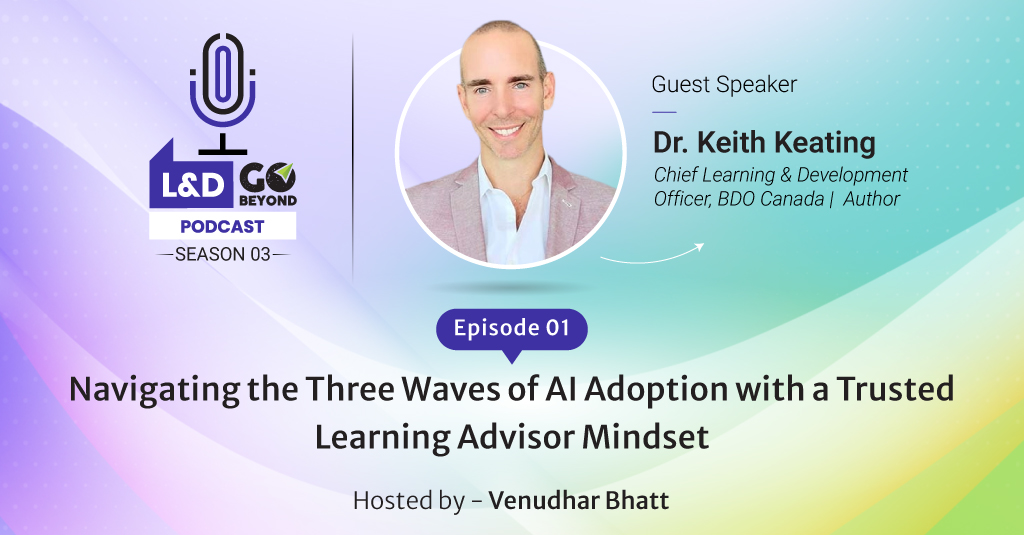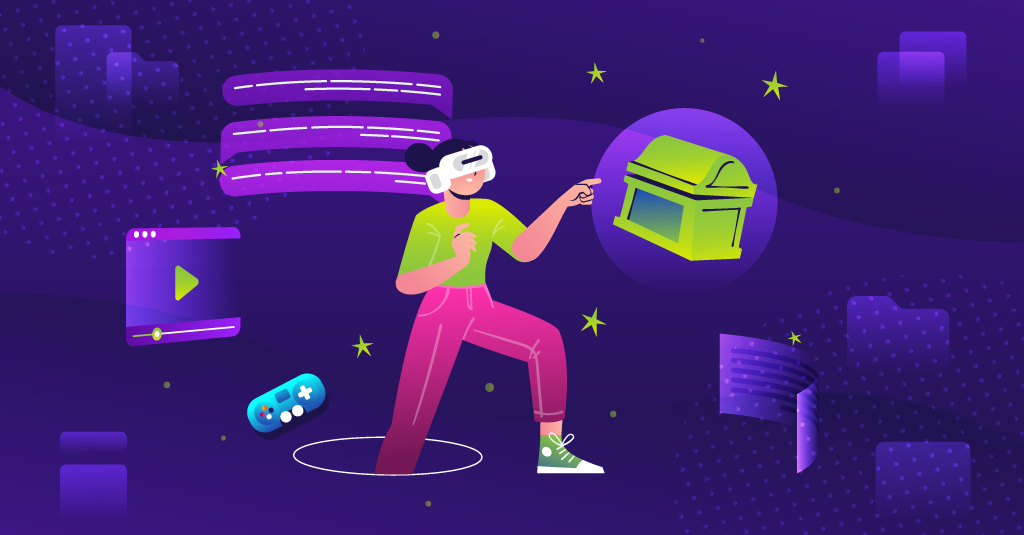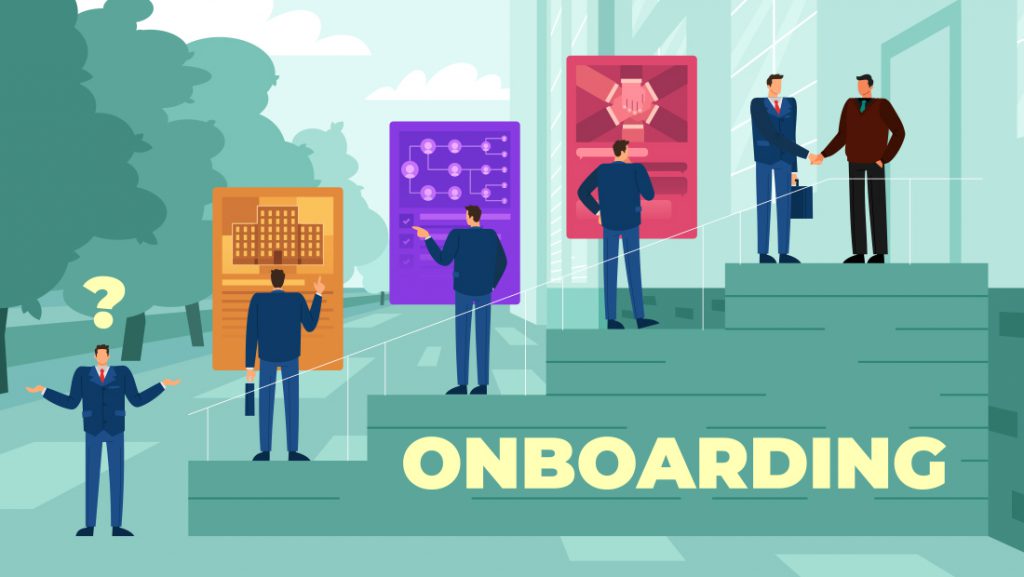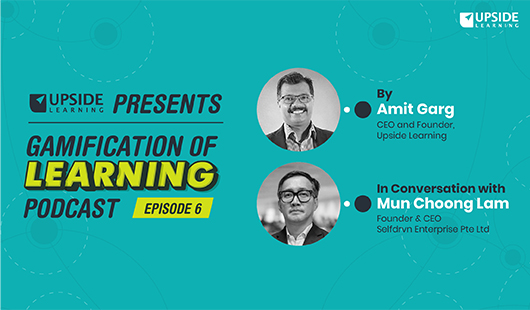I’m not happy with the way learning happens today within organizations. Learning Professionals can do so much more! There are many like me who want learning to transform with the time we operate in. The way it should transform, however, depends on whom you’re asking. I try to build my answer, my idea of how learning can transform with the help of gamification of eLearning and data, with my understanding of these domains. There are many ways in which gaming and learning collide, the top 5 ways in which I think we can reimagine learning with gamification and games would be the following:
Being Social: If you’ve played games with your friends, you will realise that playing with friends is a lot more fun than playing alone. Gaming with friends keeps you accountable and in check for your growth, sometimes they carry you and sometimes you carry them. Friends make you want to come back to the game when your interest starts to wane. You happen to learn a lot more about the game world with their knowledge.
Could we imagine learning in the workplace similarly? There are many challenges that one can think of. But, with social systems that have existed in games and designing them for learning would surely help. Learning won’t be tiring and many would get by with a little help from their friends.
Clarity & Direction: Most of the games, except for a few sandboxes and exploratory games have clear and well-defined quests and to-dos. We play as individuals or teams to achieve that goal, beat that level, or overcome the boss and an unending spawn of minions. Even though there may be many to-do’s, we know roughly while playing the game what the beginning, the mid-game and the end-game objectives are. That’s the way level designers communicate and manage to engage the gamers and keep them in the realm of the game world, without their interest levels dropping, until they complete the game, even if it takes upwards of 50 hours to complete.
How many people in the organization do you think to understand the beginnings, the mid-game, and the end-game of the learning that they’re undertaking. Are the quests and the to-do’s even vaguely present for them? Learning without understanding the end-game just doesn’t make sense to me yet, that’s the reality that we are living with.
Speed & Agility: Gamers have this unique ability called ‘pushing’, where they will be able to complete a huge task and progress quickly in unbelievably surprising time. Pushing usually happens to post a session of grinding, which is essentially putting in the grunt work in games.
Grind and Push, with efficient use of the feedback loop available in most games helps gamers complete some real-life tasks with unreal speed and agility.
Could we design learning content and systems that allow for the grind and push in real-life learning experiences? Sometimes, fast progress really motivates the learner to achieve more. This of course cannot be uncoupled from efficient feedback loops.
Mentors & Support Systems: Unlike any other online communities, most of the gaming communities are super helpful, the pro’s who’ve spent a lot of time in a specific game world will spend their time guiding and supporting a novice in that game world (exceptions do exist), gaming communities understand the positive-sum nature of games. There are guilds and parties in games, they help promote a sense of belonging with players and the game world.
If there isn’t a social aspect to games for the pros to guide the novices, there is usually a journal, quest-book, library in a game that guides the player with regards to everything that exists in the game world and keeps them up to date with their progress.
Is there a way to design mentorship and support systems in our learning initiatives in a way that encourages experts to help the novices and encourages novices to ask for help and guidance? Obviously, challenges do exist here with human insecurities and humans understanding this process as zero-sum, but it does benefit everyone in the larger scheme of things.
Of Purpose & Belonging:
Games do a great job of binding players to their broader narrative. Be it overcoming sorrow from their personal life or understanding and knowing more about history or even learning a new language. Games help you eventually find the reason for you playing. Players keep playing till they find their purpose and once they find it, they jump to another purpose. Gameworlds have created environments for the players to be at ease with, to feel a sense of belonging with and that is one of the biggest reasons why games work.
Is there a way to ensure that learning helps the learner bind themselves with their broader narratives? Helps them understand their purpose and achieve what they really desire? Is there a way in which we can look at learning to help learners understand and solve their real-world problems? There won’t be a greater motivator than this.
These five elements through content and systemic gamification could help reshape the way we learn in the workplace along with a host of other mechanics from the world of gaming. However, having said that, there’s no one way to play a game. There are different types of people in this world, with different motivators and different objectives. Everyone is at a unique place and time in their own lives and their journeys are as diverse as they could be. There’s a reason why different genres exist in games, movies, music, etc.
This is exactly where the use of data comes to play. Through traditional data science, we could look at classification models that help us with the recommendation of topics, subjects, skills, media that will help us excel in the workplace in the short and long term. These recommendations could be made basis the parameters that make us who we are and what others like us are doing. This might help us get clarity and directions to our learning initiatives.
Individuals and teams would also benefit from exposure to their learning analytics and would help them set realistic targets, grow and improve their work with their performance. This would make them fast & agile learners, which would help the people as well as the organisation. Learning analytics would definitely help build a decent feedback loop for the learners and many learning initiatives.
Recommendations and analytics aren’t just limited to hard skills that help us perform our workplace tasks with ease, they could also be about the soft skills and hobbies that make us more human.
As far as modern data science is concerned, it may help the learners with predicting their performance in learning as well as in their workplace. With these predictions, the learners could continually fine-tune the way they study and work to achieve higher levels of performance. This could possibly help us push the boundaries of learning and workplace performance with a sense of ease that we haven’t imagined before. Wouldn’t it be nice for everyone to find their own recipe to optimum performance levels in learning and the workplace?
While thinking and designing with gamification and data, we need to ensure that these systems and content are inclusive and equitable. Onwards to a future with better learning initiatives.



